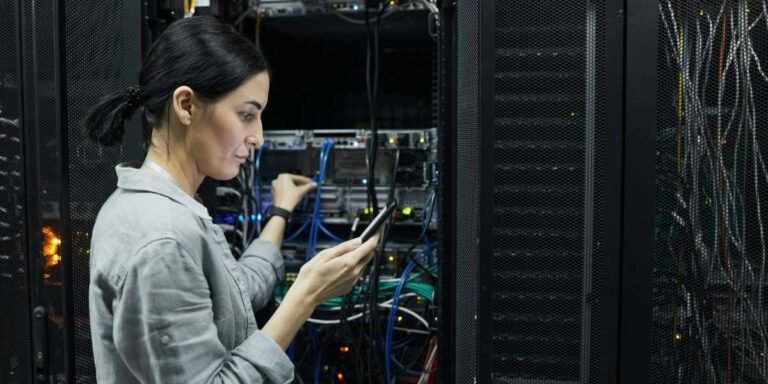The rise of automation has transformed industries and economies worldwide, and Portland is no exception. As automation technology continues to advance, businesses and workers in Portland are finding ways to adapt. This article explores how Portland has been coping with automation, examining its impact on the local economy, workforce, and strategies to manage these changes.
Understanding Automation
Automation involves the use of technology to perform tasks that were previously done by humans. This includes robotics, artificial intelligence (AI), and machine learning. While automation can increase efficiency and productivity, it also poses challenges, particularly in terms of employment and skill requirements.
Impact of Automation on Portland’s Economy
Automation has led to the displacement of some jobs, especially those involving repetitive and manual tasks. However, it has also created new job opportunities in tech-driven industries. In Portland, sectors like manufacturing, logistics, and customer service have seen significant changes due to automation.
Despite concerns about job displacement, automation has contributed to economic growth in Portland. Businesses that adopt automation technologies often see improvements in productivity and efficiency, leading to increased output and competitiveness. This growth can create new economic opportunities and attract investments to the region.
Workforce Adaptation
To cope with the changes brought by automation, Portland has focused on reskilling and upskilling its workforce. Local educational institutions and training programs offer courses in technology, data analysis, and other in-demand skills. These initiatives help workers transition to new roles that require advanced technical knowledge.
The local government in Portland has implemented supportive policies to help workers affected by automation. These include funding for retraining programs, career counseling, and job placement services. By providing these resources, Portland aims to minimize the negative impact of automation on its workforce.
Collaboration between educational institutions, businesses, and government agencies is crucial in addressing the challenges of automation. In Portland, partnerships have been established to create training programs tailored to industry needs. This ensures that workers acquire relevant skills that meet the demands of the local job market.
Business Strategies
Portland businesses are increasingly adopting advanced technologies to stay competitive. This includes the use of robotics in manufacturing, AI in customer service, and automation in logistics. By embracing these technologies, companies can improve their operations and offer better products and services.
Innovation is a key strategy for businesses coping with automation. Portland has a vibrant startup ecosystem that fosters innovation and entrepreneurship. Companies are encouraged to develop new products and services that leverage automation technologies, driving economic growth and job creation.
Businesses in Portland are also focusing on employee engagement to manage the transition to automation. This involves involving employees in the implementation of new technologies and providing them with the necessary training. By doing so, companies can ensure a smoother transition and reduce resistance to change.
Community Initiatives
Ensuring that the benefits of automation are shared across the community is a priority in Portland. Efforts are being made to promote inclusive growth by supporting small businesses, providing opportunities for underrepresented groups, and addressing the digital divide. This helps create a more equitable and resilient economy.
Public awareness campaigns are conducted to educate the community about the impact of automation and the importance of adapting to technological changes. These campaigns highlight the opportunities available and encourage individuals to pursue careers in tech-driven fields.
Challenges and Opportunities of Automation
One of the primary challenges of automation is managing job displacement. While new jobs are being created, they often require different skills than those displaced by automation. Ensuring that workers have access to training and education is essential to address this challenge.
Embracing technological change can be difficult for some businesses and workers. Resistance to change and the fear of job loss are common concerns. However, by fostering a culture of continuous learning and innovation, Portland can better cope with the disruptions caused by automation.
Automation also presents opportunities for sustainability. Portland is known for its commitment to environmental sustainability, and automation can play a role in this effort. Technologies such as smart grids, automated waste management, and energy-efficient manufacturing processes can help the city achieve its sustainability goals.
Portland has been actively coping with the challenges and opportunities presented by automation. Through a combination of reskilling initiatives, supportive policies, business innovation, and community engagement, the city is navigating the complexities of technological change. While there are challenges to address, Portland’s proactive approach provides a model for other cities facing similar issues. By continuing to adapt and innovate, Portland can ensure a prosperous and sustainable future in the age of automation.









